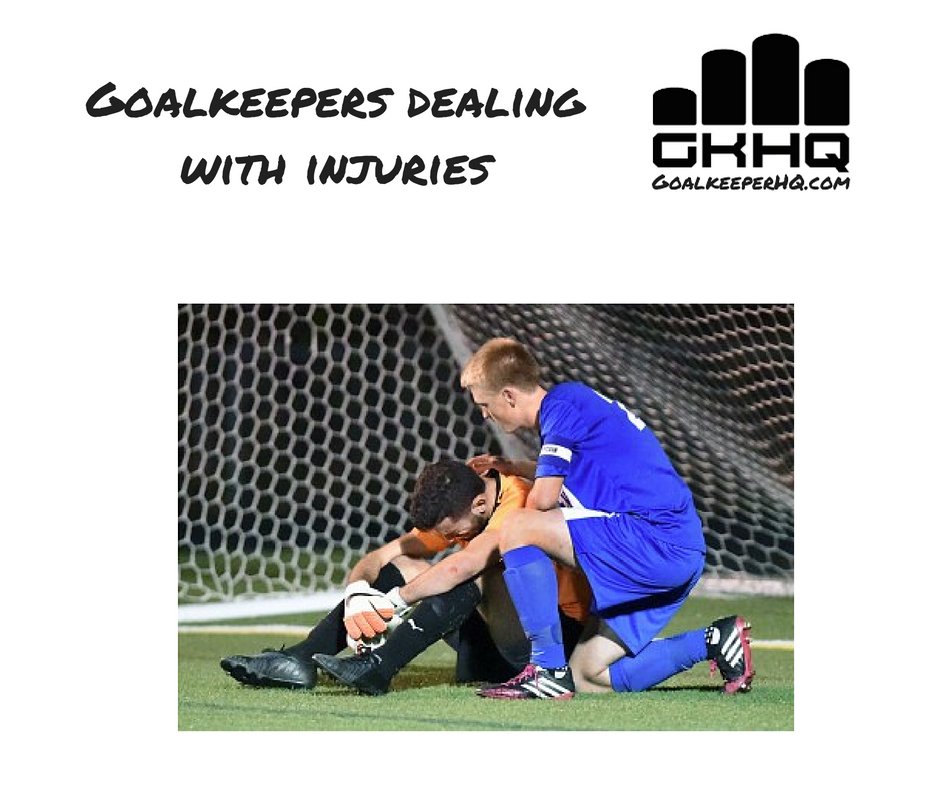In a previous article, I wrote about some of the feelings goalkeepers feel when dealing with injuries.
Here are some of the strategies that have been shown to help players with injuries.
*Imagery: Visualizing one’s body healing and seeing oneself back on the playing field.
*Journaling: Writing down emotional content related to one’s injury. Doing so with consistency and commitment can be a helpful way to manage the slew of emotions one experiences when injured. It can also be a great resource for the athlete in the future, should another setback arise, as it can serve as a reminder of how he/she persevered through bleak times.
*Goal-Setting: Much like with one’s regular training, setting and tracking goals when injured can be a beneficial strategy. Goals should be reasonable and realistic and should include both long-term and short-term views, so progress can be monitored in an ongoing way. Flexibility with goals and their attainment is especially important when injured, since rehab progress is often unpredictable.
Acknowledging Feelings and Reality: Recognizing some of the feelings from Part 1 and acknowledging them is important. Ignoring these feelings and trying to be distracted from facing these realities is not beneficial. (O’Connor Sr., 2011; Gallagher and Gardner, 2007; Evans, Hardy, and Fleming, 2000).
Counseling: In many cases, working with a psychologist can be helpful when one is injured and the emotional ramifications are significant. Support from coaches is also critical, but there are times when a coach is too close to the situation and outside assistance is warranted and most likely to help. Marty Walker has a Masters in sports psychology – You can contact him here.
Find a Way to Stay Connected to the Sport and/or Find an Alternative Outlet: If you can manage to become a spectator, cheerleader, or coach for teammates or other athletes during your down time, this is sometimes a good way to remain involved. However, it may be too emotionally painful if you are seriously injured. It is also important to engage in other activities and be social with non-athletes. At the risk of redundancy, social connection is critical when you are sidelined. Recovery periods may be a good time to pursue alternative endeavors and take advantage of some down time that can be hard to come by when training is in full force.
